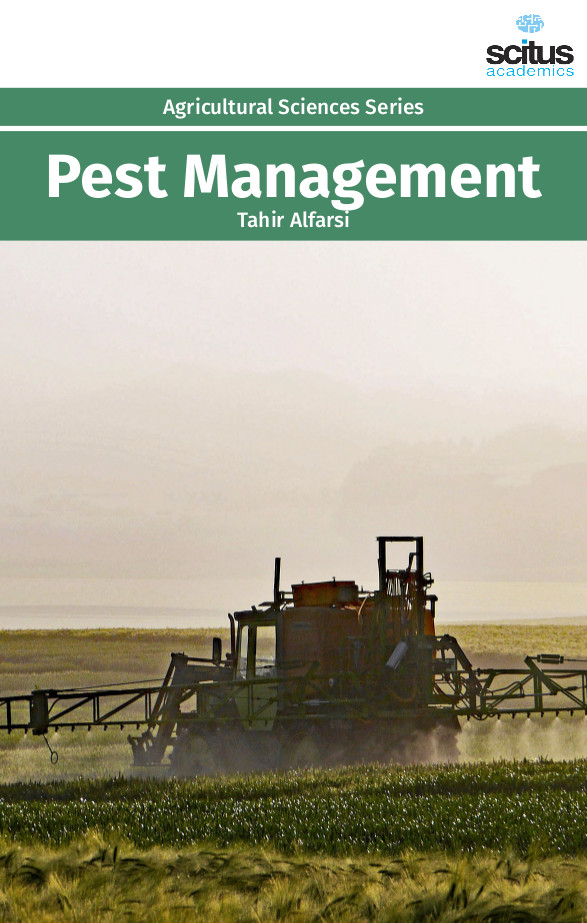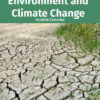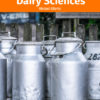Integrated Pest Management (IPM) is an effective and environmentally sensitive approach to pest management that relies on a combination of common-sense practices. IPM programs use current, comprehensive information on the life cycles of pests and their interaction with the environment. This information, in combination with available pest control methods, is used to manage pest damage by the most economical means, and with the least possible hazard to people, property, and the environment. In crop protection, chemical control rapidly revealed its limitations, as well as its possibilities, and alternative solutions to pest management problems have been recommended since at least the 1960s. A new strategy was developed under the rubric ‘integrated control’, envisaging the employment of a range of different control measures, constrained by their compatibility and the requirement for minimizing noxious effects on the wider environment. Despite these difficulties, a biological, then ecological, orientation has underlain the development of crop protection over the last 50 years. This process has been marked by multiple and diverse interpretations of the concept of IPM.
This book ‘Pest management’ covers current and comprehensive information on the life cycles of pests and their relations with the environment. This information is used to manage pest damage by the most cost-effective means and with the least possible hazard to people, property, and the environment. The book chapters detail about historical review of IPM concepts; strategies and some experiences in applications of IPM; pest control in organic agricultural system; and the use of entomopathogenic and molluscoparasitic nematodes, insect pheromones, semiochemicals, detergents, and soaps as a part of IPM scheme. It also delivers how agroecological concepts may contribute to sustainable pest management.













